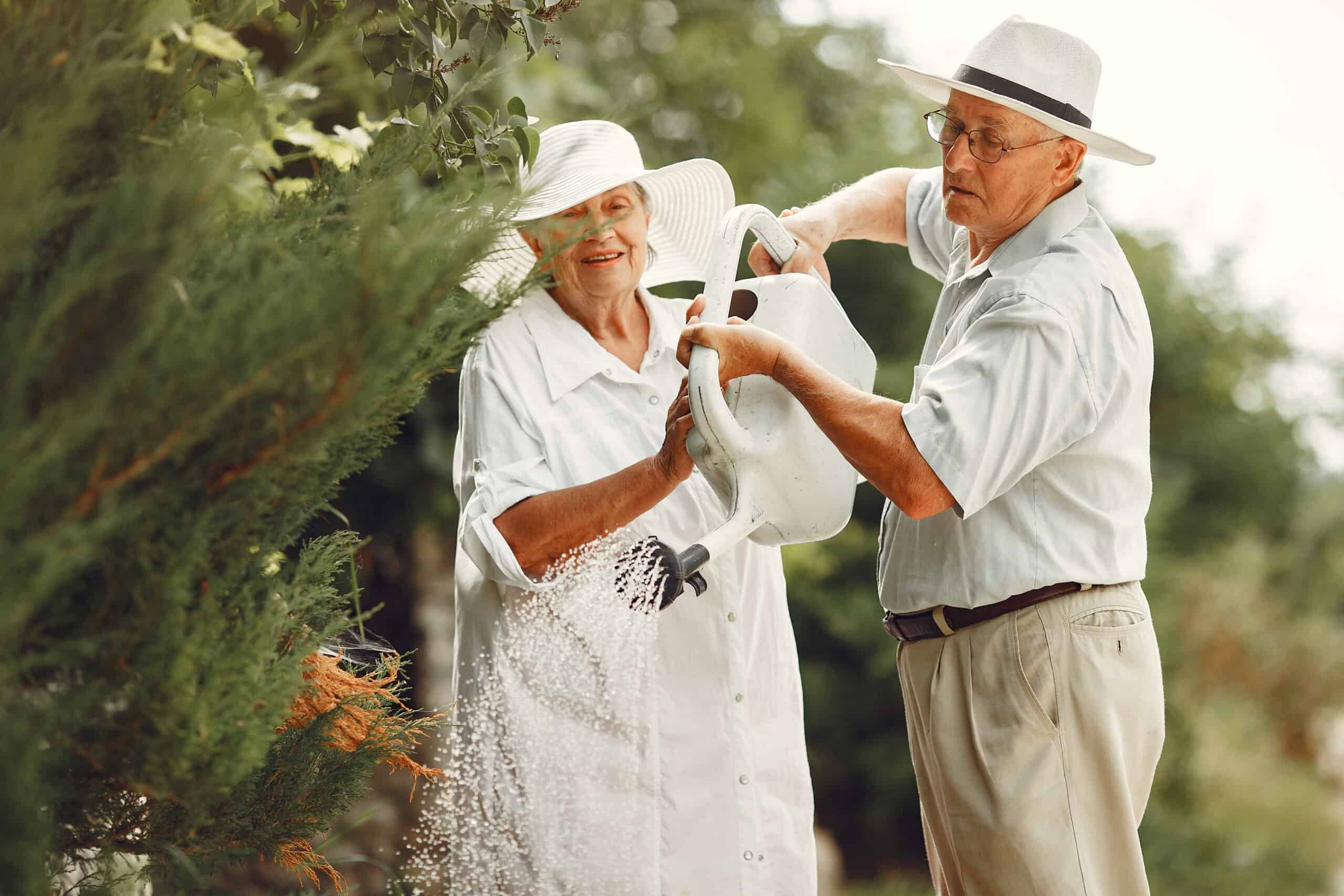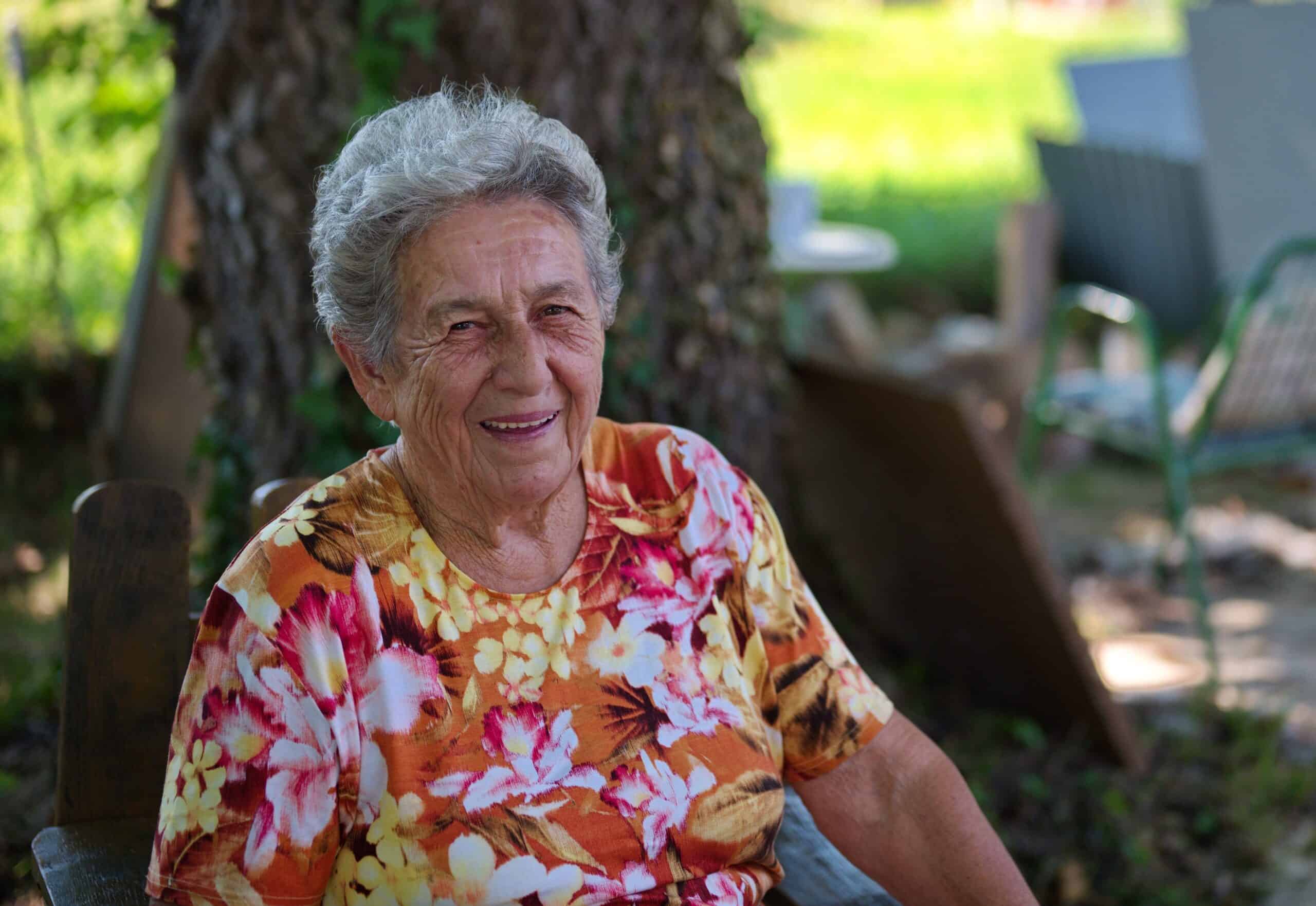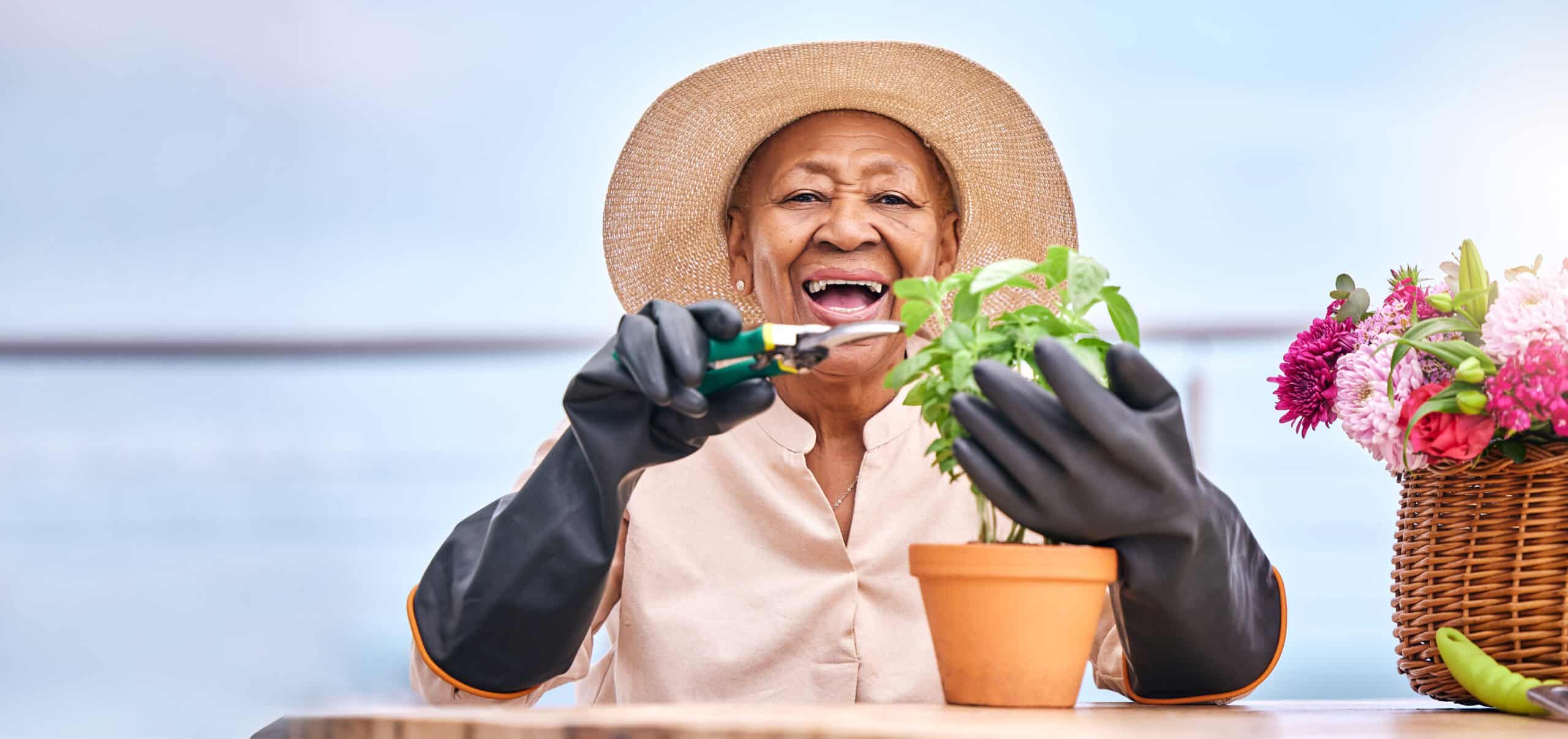April 20, 2015
I have been thinking of Aunt Phyllis, who generously left us a portion of her life’s savings. I first met Aunt Phyllis during a slide show, where my husband Lawrence introduced me to his entire family in pictures before we married. Lawrence has been documenting his life in pictures since receiving a Brownie camera for Christmas when he was eight. Aunt Phyllis is my husband Lawrence’s mother’s sister. Lawrence has fond memories of visiting his Aunt Phyllis in Chicago where she worked as a head nurse in a prominent hospital for most of her career. Aunt Phyllis never married and lived with one particular female roommate, and sometimes an additional roommate, all her adult life.
Aunt Phyllis grew up living a life of privilege, but like so many people I came to know during my tenure teaching at Sayre School, living a life of privilege does not always mean a happy life. Yes, Phyllis and her siblings had material wealth, but their mother was very young and their father much older. Their mother was beautiful, but troubled, and the children were entrusted to housekeepers and nannies on a regular basis.
Aunt Phyllis exceled in school and was inspired by one teacher, who told her, “You can be anything you want to be, Phyllis. You have the ability.” She became a registered nurse, which in her day and time, was an incredible feat. The training was strict, rigorous, and disciplined. I admire anyone who becomes a nurse, but especially in that day and time.
I had gotten to know Aunt Phyllis a little when she and her roommate Inga were visiting Lawrence’s brother and his wife and baby in Indianapolis before Lawrence and I married. Shortly thereafter, Aunt Phyllis moved to a beautiful retirement home in the Adirondacks that she designed and built herself years earlier, without a roommate.
Aunt Phyllis did not come to our wedding, but the next year, when I was pregnant with our first son, we traveled to her retirement home in the Adirondacks to visit her. She was hospitable, but she said some very odd things that made me feel unsafe in her home. I can’t remember all of what she said, but one thing she said involved the people in her television being able to hear her and see what she was doing. Even at my young inexperienced stage in life, I could tell she was insane and I knew insane people sometimes did insane things to other people, especially when they were as paranoid as Aunt Phyllis obviously was. To make matters worse, I contracted a urinary tract infection while traveling around visiting various relatives and not drinking enough for two weeks prior to staying with Aunt Phyllis. The bacteria found their way to my kidneys while staying with Aunt Phyllis. One morning I awoke with a high fever and was very ill. I thought perhaps I had the flu but Lawrence and I naturally went to Aunt Phyllis, the RN, for advice. Drink plenty of liquids, stay in bed, and take ibuprofen, she advised. For some reason, I knew she was giving the wrong advice and I told Lawrence to get me to a doctor as soon as possible. Later I learned that if I had let the infection go much longer, I may have died.
I am not sure how much time passed before we heard through the family grapevine that Aunt Phyllis was forced to go to a psychiatric hospital after she was arrested for peeking in her neighbor’s windows. I don’t know the details. I was busy having babies. A few years later she closed up her house in the Adirondacks and moved to an apartment in Chicago. We visited her there with our young sons, aged 4 and 2. I felt sorry for Aunt Phyllis. She had magazine photos of strangers in picture frames hanging on the walls the way other people have family photos. She told me that when family called her she knew it was not really them, but people pretending to be family trying to swindle her. I wanted to help her but did not know how and it was hard to even have a conversation with a four year old and a two year old running around. Lawrence did not help with the children but could always be counted on to document every visit with great photos.
Later we learned she had been evicted from her apartment because of bothering the neighbors, and when she did not vacate the premises in the allotted time, all of her possessions were placed on the sidewalk outside the apartment, where passers-by stole her things while she yelled at them. So sad. She went back to the Adirondacks.
Our next encounter with Aunt Phyllis was when Lawrence lost his job and we stayed with his parents in New York while he worked at his temporary teaching job there. We had three sons at that time, ages 9, 7, and 3. Aunt Phyllis was staying with them too. Lawrence’s mom and dad asked her to leave when we arrived, giving the excuse that the house was too full with us and her there too. They were happy to have the excuse, they confided. Aunt Phyllis was driving them crazy, they said. Then Aunt Phyllis went to live with her brother and his wife, just a few miles away in the neighboring town of Bath, her childhood hometown. She drove them crazy too. One night, Lawrence’s cousin called and said she had barricaded herself in a bedroom because she was afraid of Aunt Phyllis. She was stuck there because of a snowstorm.
After that, Aunt Phyllis took a room in a hotel in Bath. She lived there several years and we visited her there a couple of times. Then I learned she was living out of her car. Local adult protection services and Lawrence’s dad helped get her into a continuum of care community in Bath, and after that her life improved tremendously. She seemed in her right mind on subsequent visits because she had help keeping on track with her medications.
Aunt Phyllis moved to a nursing home for the last three years of her life. We went to her funeral at the family gravesite in Bath, New York. It was a beautiful October day, but I was sad to see so few family members there. Poor Aunt Phyllis. She did not mean to alienate everyone she knew. She inherited her mental illness the same way other people inherit other diseases that affect other parts of the body. Those diseases do not cause the sufferer to yell and scream bizarre things though. They don’t cause the people close to the sufferer to feel threatened or unsafe.
We knew Aunt Phyllis had lived a frugal life, but we thought all of her money had been spent on her years in the continuum of care community. The inheritance came at a time when we needed it most for the health club for seniors to become a reality. I think Aunt Phyllis would be happy with how we are spending her money. She was a nurse whose life exemplified the need for appropriate long term care. Thank you, Aunt Phyllis, for helping to make Aging With Grace, Aging In Place–The Health Club for Seniors a reality!
The post April 20, 2015 appeared first on Aging With Grace.






